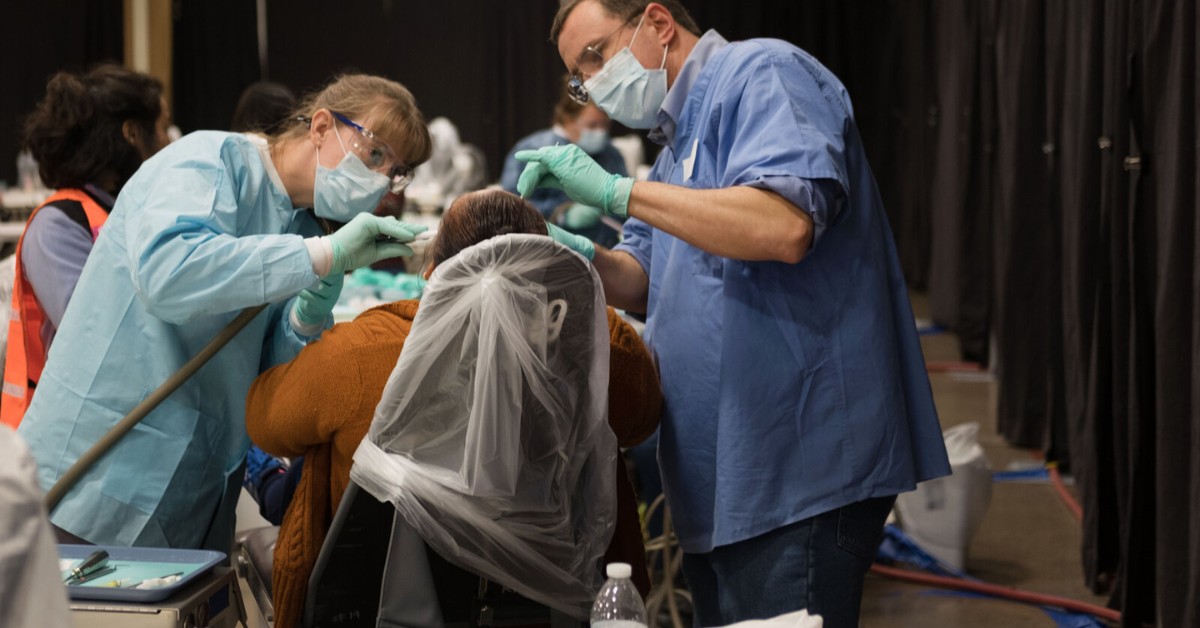
Medicare home healthcare services, essential for many elderly and disabled Americans, are facing a significant funding cut of $1.135 billion. This reduction could impact the quality and availability of care, raising serious concerns among patients, caregivers, and healthcare providers. The proposed cuts come as a surprise and threaten the daily lives of those who rely on these services at home.
In response, lawmakers have introduced a new bill aiming to halt the steep rate reduction and protect access to home healthcare. This article explores what this funding cut means, the consequences it could have, and how the new bill hopes to secure ongoing support for Medicare home healthcare services.
What Is Medicare Home Healthcare and Why Is It Important?
Medicare home healthcare offers medical services and support to patients in their own homes instead of hospitals or nursing facilities. This care includes nursing, physical therapy, and assistance with daily activities. It is especially important for older adults, people recovering from surgery, and those with chronic illnesses who need consistent but less intensive medical supervision.
Home healthcare keeps patients comfortable and helps avoid costly hospital stays, making it a crucial part of the healthcare system. Without these services, many patients could face health declines or increased pressure on hospitals and long-term care facilities.
Understanding the Proposed $1.135 Billion Funding Cut
The Centers for Medicare & Medicaid Services (CMS) recently announced a rate reduction that would cut funding for home healthcare by $1.135 billion. According to CMS projections, this cut results from changes in payment formulas and budget adjustments.
Medicare home healthcare providers warn that such a drastic funding cut may force them to reduce services, limit patient intake, or even shut down. Caregivers could see lowered wages or fewer resources, directly affecting patient care quality and availability.
How Will This Affect Medicare Patients?
For Medicare beneficiaries, the funding cut would likely mean fewer home visits, longer wait times for care, and reduced support from skilled professionals. Many rely on regular home healthcare to manage illnesses and maintain independence;
Without adequate funding, these patients risk poorer health outcomes, higher rehospitalization rates, and more severe complications. The impact is particularly concerning for low-income seniors who cannot afford alternative care options.
The New Bill Aims to Stop the Funding Cuts
Recognizing the negative consequences of the cuts, several members of Congress have introduced a bill designed to block the $1.135 billion funding reduction. The bill proposes to maintain current payment rates for Medicare home healthcare services through legislative action.
Supporters argue the bill is necessary to protect vulnerable patients and ensure home healthcare providers can continue offering quality care. The bill also emphasizes the cost-saving benefits of home healthcare compared to institutional care, making the investment worthwhile.
Why Should Younger Readers Care About This?
While Medicare home healthcare mostly serves the elderly, younger readers should understand its importance as many will have aging parents or relatives depending on these services in the near future. Additionally, some young people might need home-based care due to injuries or chronic conditions.
Keeping home healthcare well-funded means better patient outcomes and less strain on the entire healthcare system. It also reflects a society’s commitment to caring for vulnerable members with dignity and respect.
What Can You Do to Support Medicare Home Healthcare?
To help stop the proposed funding cuts, individuals can contact their congressional representatives to express support for the new bill. Raising awareness on social media and within communities helps build broader public support.
Staying informed about healthcare policy and advocating for fair funding ensures that critical services like Medicare home healthcare remain available for those who need them most.
Conclusion
The proposed $1.135 billion funding cut to Medicare home healthcare threatens to reduce vital services for millions of Americans. Thankfully, a new bill aims to stop these cuts and protect patients and providers from this financial impact.
Understanding the role of home healthcare and supporting legislative efforts is important for everyone, young or old. By staying informed and involved, we can help ensure quality care continues to be accessible and affordable in the future.









